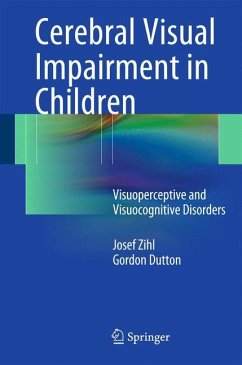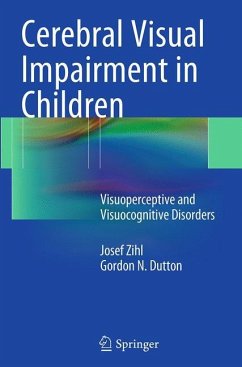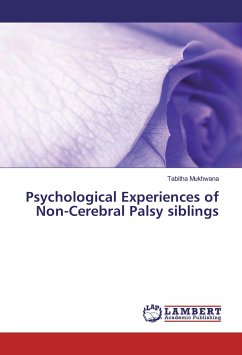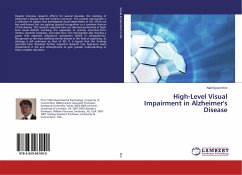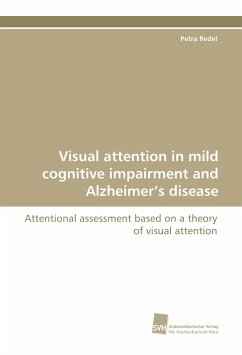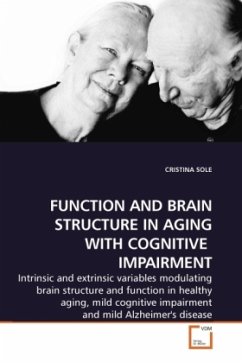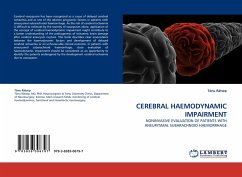
CEREBRAL HAEMODYNAMIC IMPAIRMENT
NONINVASIVE EVALUATION OF PATIENTS WITH ANEURYSMAL SUBARACHNOID HAEMORRHAGE
Versandkostenfrei!
Versandfertig in 6-10 Tagen
32,99 €
inkl. MwSt.

PAYBACK Punkte
16 °P sammeln!
Cerebral vasospasm has been recognized as a cause of delayed cerebral ischaemia and as one of the adverse prognostic factors in patients with aneurysmal subarachnoid haemorrhage. As the risk of cerebral ischaemia is difficult to estimate by the severity of vasospasm alone, application of the concept of cerebral haemodynamic impairment might contribute to a better understanding of the pathogenesis of ischaemic brain damage after cerebral aneurysm rupture. This book describes clear associations between the haemodynamic factors and development of delayed cerebral ischaemia or an unfavourable clin...
Cerebral vasospasm has been recognized as a cause of delayed cerebral ischaemia and as one of the adverse prognostic factors in patients with aneurysmal subarachnoid haemorrhage. As the risk of cerebral ischaemia is difficult to estimate by the severity of vasospasm alone, application of the concept of cerebral haemodynamic impairment might contribute to a better understanding of the pathogenesis of ischaemic brain damage after cerebral aneurysm rupture. This book describes clear associations between the haemodynamic factors and development of delayed cerebral ischaemia or an unfavourable clinical outcome. In patients with aneurysmal subarachnoid haemorrhage, close evaluation of haemodynamic impairment should be considered as an opportunity to identify the patients endangered by the development cerebral ischaemia due to vasospasm.



